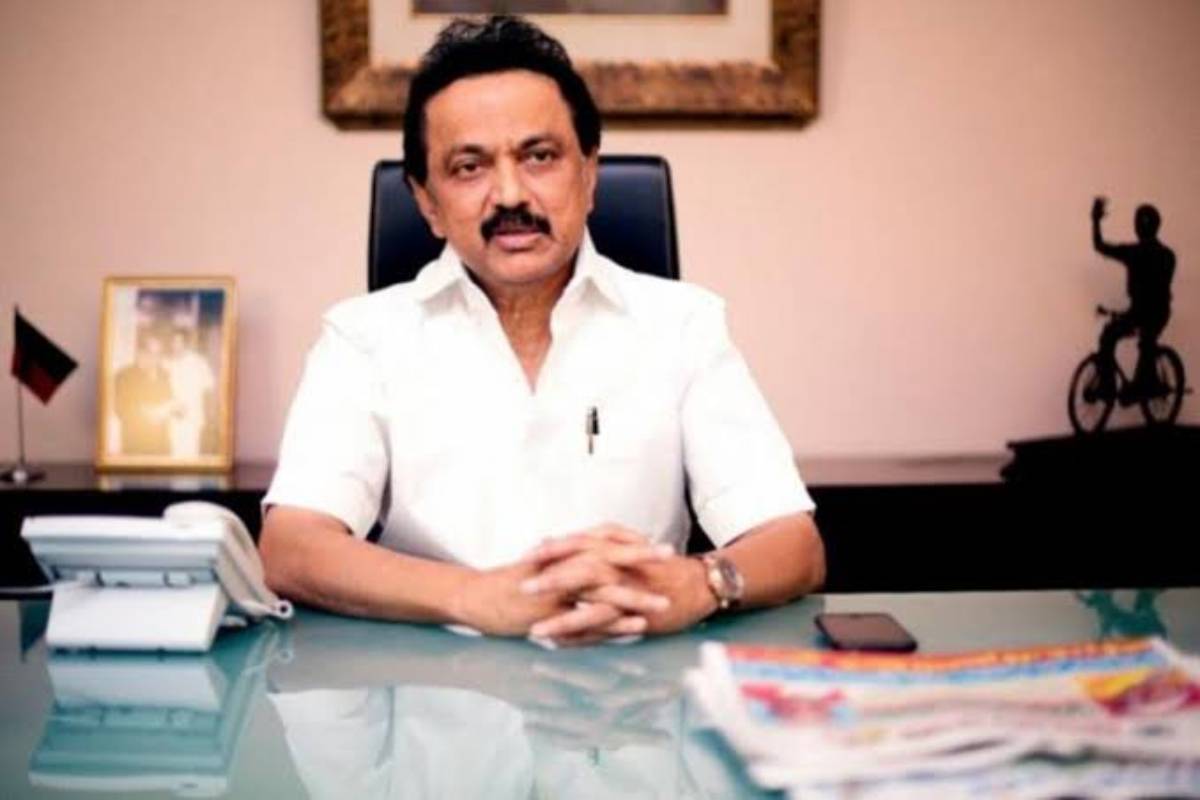Pitch for TN
Amidst the kaleidoscope of Tamil Nadu’s political landscape, the Bharatiya Janata Party (BJP) finds itself entangled in a complex web of identity, ideology, and electoral aspirations.
The switch to using the 2011 Census by the 14th and the 15th Finance Commissions adversely affected Tamil Nadu. The sharp reduction of Corporate Income Tax in the 2017-18 Union Budget has reduced the share of direct taxes as a proportion of overall taxes.

Releasing a White Paper on the State’s finances a few days before presenting the first Budget of the DMK government after the election, Finance Minister PTR Palanivel Thiiaga Rajan showed that Tamil Nadu had gone bankrupt as it could not mobilise the revenue it had to. Economists and political pundits considered it a ploy to increase taxes and to wriggle out of the election promises made by the DMK.
Even before the DMK assumed office and MK Stalin was sworn in as Chief Minister, the State had borrowed Rs 36,000 crore in 2021-22 and established the distinction of being the top borrower among States. Presenting the Budget last week, Rajan sprang a surprise by reducing the effective rate of tax on petrol by Rs 3 per litre with an eye on reducing the burden on two-wheel riders, the most commonly used mode of transport.
This simple gesture cost the exchequer Rs 1,160 crore a year but resulted in an increase of 12 per cent in sales. The State and the Union government stand to benefit as the sale of petrol averaging 91,88,000 litres has shot up to 1,08,17,000 litres a day. Levy from the additional sale of petrol will fetch the Union government Rs 3.55 crore a day, about Rs 1,200 crore annually.
Advertisement
The State’s loss of Rs 1,160 will also be more than compensated by the additional sale of petrol. Union Finance Minister Nirmala Sitaraman should take note of Tamil Nadu’s bold decision. Unfortunately, Tamil Nadu’s share of the divisible pool of Union taxes has been declining steadily. From 6.637 per cent during the 10th Finance Commission period of 1996-2000, it came down to 5.385 per cent during the 11th Finance Commission, and 5.305 during the 12th Finance Commission.
The switch to using the 2011 Census by the 14th and the 15th Finance Commissions adversely affected Tamil Nadu. The sharp reduction of Corporate Income Tax in the 2017-18 Union Budget has reduced the share of direct taxes as a proportion of overall taxes.
Given the fact that public debt was high at Rs 570,189 crore, which translates to Rs 263,976 per family in the State, Thiaga Rajan provided a Budget without casting any fresh burden on the people. In a bid to revive the industrial sector that has taken a hit in the Covid-19 pandemic, Tamil Nadu has signed 35 MoUs worth Rs 17,141 crore with a view to making the state the most investor-friendly in South Asia.
The establishment of an Eminent Economic Advisory Council comprising Nobel laureate Esther Duflo of the Massachusetts Institute of Technology, former Reserve Bank Governor Raghuram Rajan, former chief economic advisor to the Union government Arvind Subramanian, development economist Jean Dreze and former Union Finance Secretary S Narayan is intended to guide Tamil Nadu to become a $1 trillion economy by 2030.
With Stalin and Rajan working in tandem, Tamil Nadu is witnessing a new dawn after four years of the AIADMK’s outsourced governance.
Advertisement